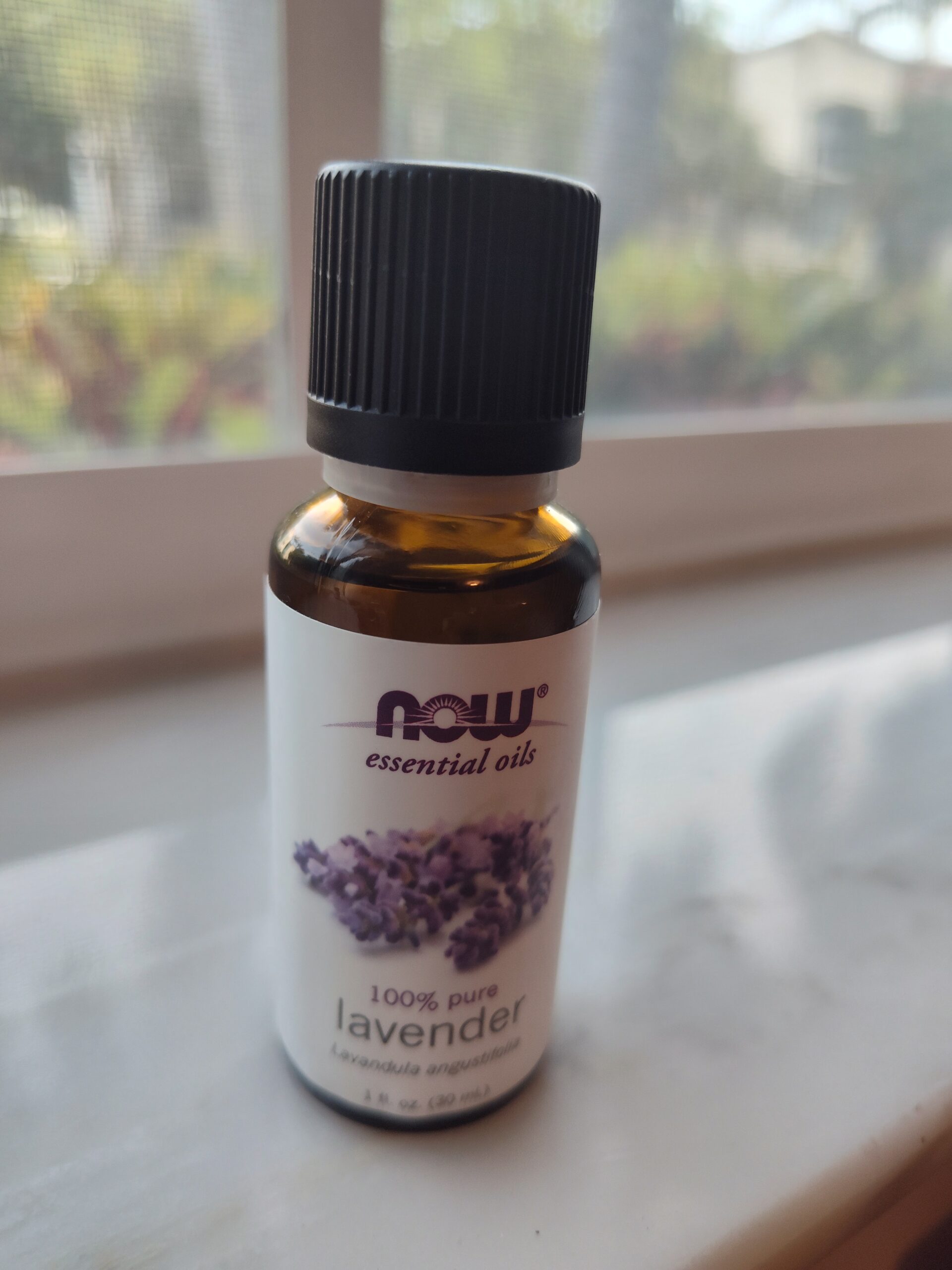Image Credit: April Heath LMT
In an older post, we explored the grounding and relaxation properties of sandalwood essential oils. Now, we’ll reveal the calming effects of lavender that lots of people are familiar with.
Lavender, with its delicate purple blooms and soothing fragrance, has captivated humanity for centuries. Beyond its ornamental charm, lavender is esteemed for its versatile essential oil, renowned for its myriad of therapeutic and aromatic properties. From ancient civilizations to modern aromatherapy practices, lavender essential oil has maintained its status as a beloved botanical treasure.
A Historical Tapestry:
The history of lavender essential oil intertwines with the annals of civilization. Originating from the Mediterranean region, lavender’s usage can be traced back over 2,500 years. Ancient civilizations, including the Egyptians, Greeks, and Romans, cherished lavender for its medicinal, aromatic, and ceremonial significance.
Egyptians employed lavender in the mummification process, attributing to its preservation properties. Greeks and Romans infused lavender into their baths, believing in its ability to cleanse and purify the body and mind. Lavender’s name is derived from the Latin word “lavare,” meaning “to wash,” underscoring its historical association with cleanliness.
Essence of Tranquility:
Lavender essential oil is distilled from the flowers of the Lavandula angustifolia plant, also known as English lavender. Its extraction process involves steam distillation, carefully preserving the oil’s therapeutic compounds. The resulting essential oil exudes a sweet, floral aroma with herbaceous undertones, evoking feelings of tranquility and serenity.
Therapeutic Elixir:
The therapeutic benefits of lavender essential oil are manifold, making it a staple in aromatherapy practices worldwide. Here are some of its notable therapeutic properties:
- Calming and Relaxing: Lavender essential oil is renowned for its calming effects on the nervous system. Inhalation or topical application of lavender oil can alleviate stress, anxiety, and promote relaxation, making it a popular choice for combating insomnia and promoting restful sleep.
- Anti-inflammatory: Lavender oil possesses anti-inflammatory properties, making it effective in soothing skin irritations, insect bites, and minor burns. Its gentle nature and antiseptic qualities make it suitable for sensitive skin types.
- Pain Relief: The analgesic properties of lavender essential oil can provide relief from muscle aches, tension headaches, and migraines when applied topically through massage or diluted in a carrier oil.
- Antimicrobial: Lavender oil exhibits antimicrobial properties, inhibiting the growth of bacteria and fungi. It can be used in natural cleaning solutions, skincare formulations, and as a disinfectant for minor cuts and wounds.
Applications in Aromatherapy:
Lavender essential oil serves as a versatile and indispensable tool in the practice of aromatherapy. Its aromatic profile harmonizes well with a myriad of other essential oils, enhancing their therapeutic synergy. Here are some common applications of lavender oil in aromatherapy:
Diffusion: Diffusing lavender essential oil creates a tranquil ambiance, conducive to relaxation and stress relief. Whether used in a bedroom, spa, or meditation space, the gentle aroma of lavender fosters a sense of calm and well-being.
Massage: Diluted in a carrier oil such as sweet almond, cold-pressed sesame, or jojoba oil, lavender essential oil makes an excellent massage oil. Its soothing properties relax tense muscles and alleviate physical discomfort, while its aroma induces a state of relaxation.
Bath Rituals: Adding a few drops of lavender oil to a warm bath transforms the bathing experience into a luxurious ritual. The steam releases the oil’s aromatic molecules, enveloping the bather in a fragrant embrace, easing tension and promoting mental clarity.
Precautions and Considerations:
- While lavender essential oil is generally considered safe for most individuals, some precautions should be observed:
- Skin Sensitivity: Always perform a patch test before applying undiluted lavender oil to the skin, especially for those with sensitive skin or allergies.
- Pregnancy and Children: Consult with a healthcare professional before using lavender oil during pregnancy or on infants and young children.
- Oral Consumption: Ingesting lavender essential oil is not recommended without the supervision of a qualified aromatherapist or healthcare provider.
Conclusion:
In the vast tapestry of botanical wonders, lavender essential oil stands as a beacon of tranquility and wellness. Its rich history, therapeutic efficacy, and aromatic allure continue to enchant and inspire generations. Whether diffused in the air, blended into skincare formulations, or used in healing practices, lavender essential oil remains a cherished ally on the journey to well-being.
Check back next time for the grounding and masculine properties of cedarwood essential oil.
Follow me on Instagram
Follow me on Facebook
#joyful
#StressRelief
#massagetherapy
#essentialoils
#aromatherapy

Be the First to Comment